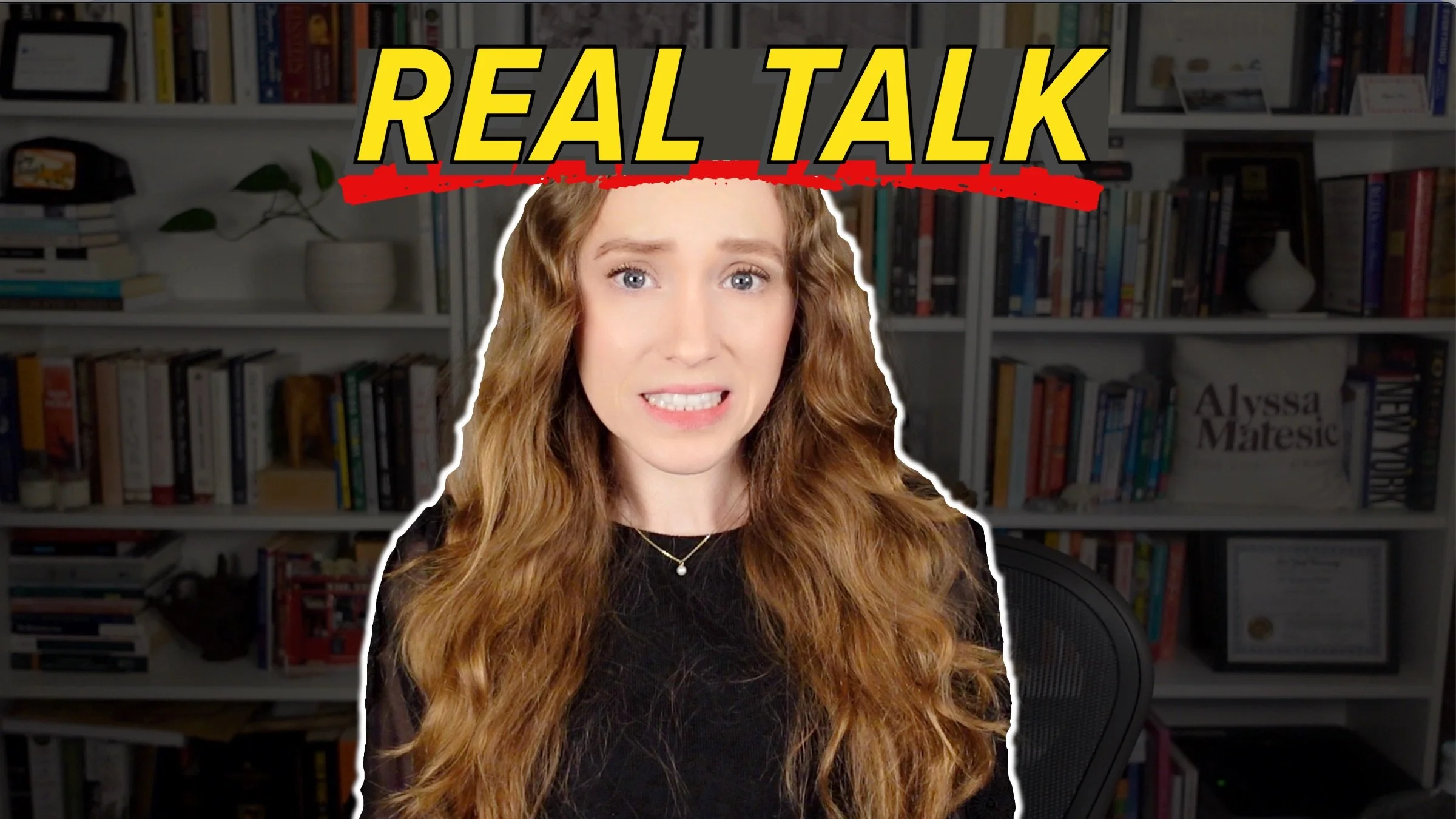Go Global! Understanding the International Book Publishing Industry
HIT PLAY OR READ THE POST BELOW:
If you’re interested in publishing your book, you may also be wondering how to distribute your book across the globe to reach a wider readership. But how do you get published internationally? Or, if you’re based outside the US, you might wonder how to get published in America.
To answer these questions, in this article I will talk all about the international book publishing industry and how American publishing houses fit into it. The global publishing industry is actually very interconnected, so I’ll go over how books make their ways overseas and into different languages and how you as an author, no matter where you're based, can get your book published across the globe.
Now, keep in mind that my discussion today is based on the traditional publishing industry, as in the Big Five major US publishing houses. This international process definitely looks different if you are going through a hybrid or self-publishing process.
Who Are the Big Five Publishers?
First, I want to give an overview of the major publishing houses across the globe. The Big Five publishing houses dominate the market, especially when it comes to English language books distributed across the world. The Big Five houses are Penguin Random House, Macmillan, Simon & Schuster, Hachette, and HarperCollins. All five of these publishing houses have offices based in the US, headquartered in New York City, and also the UK, which are based in London.
Typically if you are a writer based in North America, you would have an agent who is based in the US and you would publish through one of those houses based in New York City. If you are a writer somewhere in Europe, you would likely go through the UK side of things and work with a publishing house based in London. The primary English language version of your book would either come out of New York and be written in standard American English or it would come out of the UK and be written in British English.
If you are based anywhere else in the world and you are publishing your book in English, then it could go either way. You can go with a US house or a UK house, it just depends on your own situation.
How to Get Published Internationally
Let’s pivot to how a book gets published overseas once it has been accepted by a major publisher. Say you are planning to get your book published through one of the Big Five houses, either in the US or the UK, and you're interested in also selling your book in foreign languages, so maybe in Japan or Croatia. How do you go about getting those international editions made?
First, you are going to have a conversation with your literary agent about whether or not your book has an international appeal. In many cases, it will, especially if you're working with themes that translate across different societies and cultures. If the book does have international appeal beyond its original market, the agent is going to contemplate whether they want to sell those rights individually or if they want to wrap them up in your book deal with your primary publisher.
If the agent decides to retain the international rights, that means they are taking on the task of going out to each individual market and reaching out to publishing houses based in those local areas and signing a book deal for each publisher individually.
Many agents have relationships with international publishing houses, and some agencies even have a dedicated foreign rights team whose entire job is to take client manuscripts and distribute them in international markets. This is an entire sub-industry in and of itself. It’s great for an author when the foreign rights are handled by an entire team, as it can result in more deals for you, leading to more money both for you and your agent.
Say that your agent sells your book to Japan, Italy, and Spain. What that means is that the individual publishing houses in those countries will buy the rights to translate your manuscript into the local language, design a new cover, create a marketing plan, and eventually be the ones in charge of distributing the foreign edition of your book in their own market. You would have separate book deals with each of those markets, likely with slightly different terms. But they would all come with their own advance sum, which is the money that you get paid upfront for the sale of your book.
If your agent isn’t confident in selling your foreign rights to each individual international publisher, the other option is for them to include the sale of foreign rights with your main deal with your English-language publisher. For example, if you are signing with US Penguin Random House, then Penguin Random House would likely offer you more money to have all of the foreign rights included. If you agree, then it's on Penguin Random House and their foreign rights team to sell the book to the foreign markets on their own, so your agent wouldn't be involved.
In general, it's typically more lucrative for your agent to retain the foreign rights and make all of those individual book deals separately.
Getting your book published in other countries can be really exciting for you as the author, as you can see how other designers would arrange your book’s cover, how other markets react to your book, and how your profits change due to your book’s increased coverage. Your book can even become a bestseller in another country and then you can say you are an internationally bestselling author! So, if you get that opportunity to sell your foreign rights, definitely think over it.
Another cool thing is that there are also international book fairs that happen. At these conventions, the local publishing houses will come and scout out the titles that are being published by US and UK publishers to see if they want to pick up any of those books.
The bottom line is that publishing your book in more markets and more countries means it is reaching more readers and making you more money.
Getting Published in the US
The flip side of the international book publishing question is: do American publishing houses take on writers not based in the US? The answer is yes. The only real requirements for publishing via a major US publishing house is that your book is written in English and that it appeals to the American audience.
There are numerous writers who publish through the Big Five that are not living in the US and/or are not American, so don’t think of your location or background as a limitation. What you will need to do is make sure you find an agent who is the right match and who is willing to represent your book to those publishers.
I hope this helped you understand the international book publishing industry in more depth because it's something that the casual reader doesn't often think or talk about. But once you get to know more, you’ll gain access to this really interesting part of the industry, especially if you get the chance to see your book published across the world.
I hope that you see what kinds of opportunities are out there for you out there and that you feel more optimistic about your publishing journey.
Thanks so much for reading and happy writing!





